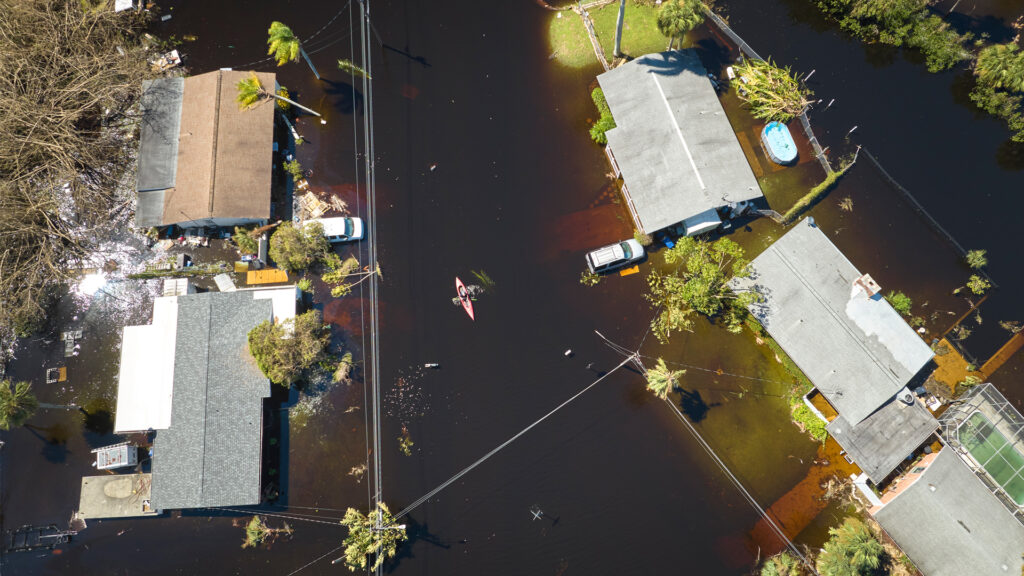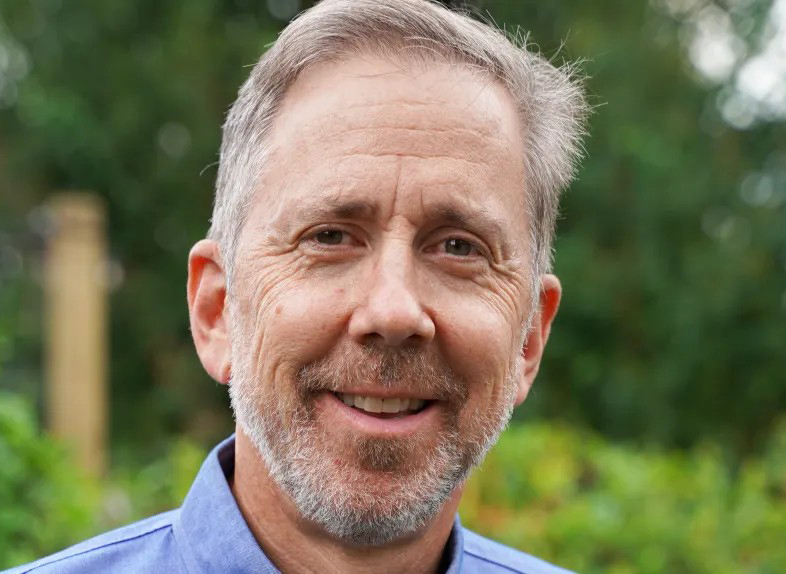By Paul Owens, 1000 Friends of Florida
In the last scheduled days of their tumultuous 2025 session, Florida legislators passed Senate Bill 180 “to bolster hurricane relief and recovery and enhance response efforts in Florida,” according to a Senate press release trumpeting the legislation. But among some healthy policy prescriptions, SB 180 includes a poison pill conspicuously missing from that press release: a provision that would prevent any local government in Florida from adopting any amendment that could be deemed more “restrictive or burdensome” to its comprehensive plan — its blueprint for orderly and sustainable growth — along with its land development regulations (LDRs) and procedures.
This is a sweeping, undefined provision that could rule out any changes to local growth guidelines in Florida unless developers agree and sponsor the change. And under the bill, this provision would apply retroactively from Aug. 1, 2024, through Oct. 1, 2027. Which means that if SB 180 becomes law without any amendments, much if not most local land-use planning in Florida will be suspended for three years.
When state lawmakers passed Florida’s Community Planning Act in 2011, their justification for eliminating the state’s land planning oversight agency, the Department of Community Affairs, was that they wanted to empower local leaders to make planning decisions. But with SB 180, they have severely curtailed that power.

Ironically for a bill that purports to promote emergency planning and disaster recovery, this provision could prevent local governments from making the kinds of changes to their comp plans and LDRs that would make their communities more resilient to future storms. A comp plan change that would steer future development away from storm-vulnerable areas, for example, would be considered more restrictive and burdensome. Ditto, updated regulations on stormwater management to prevent flooding. Even periodic, state-required updates to comprehensive plans could be called into question.
These scenarios are not hypothetical. In 2023, the Legislature passed SB 250, a law with a similar though narrower three-year ban on more restrictive or burdensome changes to comp plans and LDRs for 11 counties that had been in the path of Hurricane Ian. This month, Manatee County commissioners were told by the state Department of Commerce that they would be violating that 2023 law if they voted to restore the county’s strong wetland protections in its comprehensive plan. As reported by the Bradenton Herald, an incredulous Commissioner Bob McCann said, “SB 250 was for hurricane disaster relief. How can you say getting rid of wetlands … has anything to do with disaster relief?”
It is hard to imagine any reasonable limit on growth and development through a comp plan amendment or LDR change that would not be considered restrictive or burdensome unless a developer proposed it. And if developers object to limits, the bill creates grounds for them to sue. Communities at that point are given two choices under the bill: either withdraw their amendment to a plan or regulation, or go to court, and risk paying the legal costs of the developer who sued them.

We’ll give legislators the benefit of the doubt, and assume they didn’t realize the deeply damaging impact of this provision when they voted for the bill. After all, the final version is 48 pages, with nearly 1,400 lines of text. And it was amended no less than 10 times between its introduction and final passage, likely making its details a mystery to many of the members who voted to approve it. This is but one example of the deeply flawed process that repeatedly leads to laws laced with unintended consequences.
Legislative leaders are currently deadlocked over tax cuts and other budget-related issues. SB 180 passed with only one negative vote each in the Senate and House. Though the session has been extended, the agenda is currently limited to budget-related items and the Senate president’s Rural Renaissance bill. But with a two-thirds majority in both houses, the presiding officers could expand the agenda to address the existential threat to local land-use planning in Florida, while preserving the good elements in SB 180.
We urge them to do so, not only for the fate of local land-use planning in Florida, but for the millions of Floridians who deserve a meaningful say in the future of their communities.
Paul Owens is the president of 1000 Friends of Florida, a nonpartisan, nonprofit organization dedicated to planning for fiscally and environmentally sustainable communities. This opinion piece was originally published by the Orlando Sentinel, which is a media partner of The Invading Sea. Banner photo: Residential development in Florida (iStock image).
Sign up for The Invading Sea newsletter by visiting here. To support The Invading Sea, click here to make a donation. If you are interested in submitting an opinion piece to The Invading Sea, email Editor Nathan Crabbe at nc*****@*au.edu.



